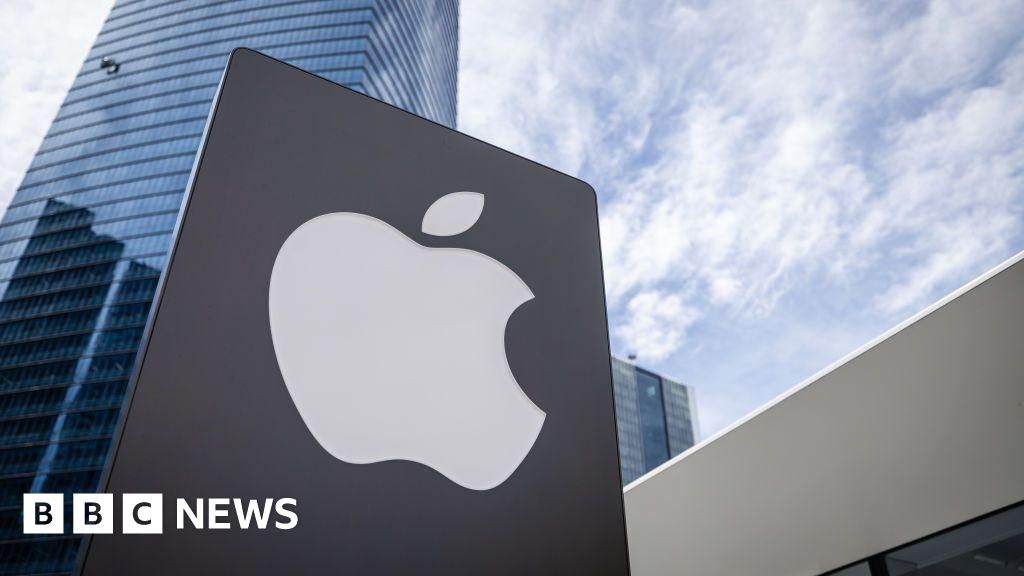
The Right to Know: Transparency in Government Data Requests
The battle for transparency in the digital age is far from over. A recent legal challenge highlights the crucial tension between national security interests and the public’s right to know how governments access and potentially compromise personal data. The case, involving a major technology company and a coalition of civil liberties advocates, underscores the need for open and accountable data practices.
At the heart of the dispute lies the government’s request for access to a technology company’s encrypted cloud storage. The specifics of the request remain shrouded in secrecy, a deliberate attempt by the government to keep details of the dispute confidential. This attempt at secrecy, however, has been challenged and ultimately rejected by a court.
The argument for secrecy, often invoked by governments worldwide, centers on national security concerns. The government likely argued that revealing the details of the request could compromise investigative techniques, potentially harming ongoing or future investigations. This is a valid concern in some instances, as public knowledge of specific methods could allow criminals or hostile actors to circumvent security measures.
However, the counter-argument, effectively presented by the coalition of civil liberties groups and news organizations, is equally compelling. The public has a fundamental right to know how their personal data is accessed and handled by the government. Secrecy in this context breeds mistrust and fuels speculation. The lack of transparency allows for potential abuse of power to go unchecked, opening the door to surveillance overreach and violations of individual privacy.
The court’s decision to force transparency represents a significant victory for open government advocates. The ruling acknowledges the delicate balance between national security and public accountability. It emphasizes that while legitimate national security interests do exist, they cannot supersede the public’s right to understand how their data is handled. This isn’t about obstructing investigations; rather, it’s about ensuring that any data access is conducted with appropriate oversight and accountability.
The implications of this decision extend far beyond this specific case. It sets a powerful precedent, suggesting that courts are increasingly willing to scrutinize government attempts to keep data access practices secret. This encourages a more critical examination of government requests for access to personal information, demanding justification and clear guidelines.
It’s important to note that this doesn’t mean every government data request should be publicly aired. There will always be situations where some level of secrecy is necessary for genuine national security reasons. However, the case underscores the necessity for a robust framework that balances national security needs with the public’s right to information and protection of privacy. This framework should include independent oversight mechanisms, clear legal standards for data access, and robust judicial review processes.
The future of digital privacy depends on our ability to create and uphold a system where governments can access data when truly necessary while simultaneously safeguarding the rights and freedoms of individuals. The court’s decision serves as a critical step in that direction, reminding us that transparency, accountability, and the rule of law are paramount in the digital age. The ongoing debate regarding government data access demands a commitment to fostering trust and ensuring that the power to access personal information is exercised responsibly and with full transparency, wherever possible.



Leave a Reply